I recently purchased two Dell Inspiron Zino HDs: one to replace my 2004 home desktop (which at the time was the most powerful machine available... and now about as efficient as my iPhone) and one to power a display monitor at Dogpatch Labs (see here). These are terrific machines. They are slim (8" by 8"), powerful (8GB memory and 1TB hard drive), has plenty of ports (four USB 2.0, HDMI and VGA) and comes equipped with internal wifi, Windows 7, etc. Best of all: it starts at $249 - and, when fully loaded, it is still way under $1,000. They are perfect as media machines (in the home or office) - which is similarly how the Mac Mini is touted. But I decided to trade in my desktop for the Zino and, thus far, feel great about it. With the majority of my computer usage having moved to the web and web-based applications (Google Apps is a great example) - our machine needs have changed... this is the same reason that netbooks are so popular and will become increasingly effective and useful in the near-term.
I find the Zino noteworthy for two other reasons:
1. the price is staggering. I purchased a top of the line Dell desktop in 2004 - it was 2-3x the price and is much less powerful than this machine.
2. the Mac Mini is a celebrated, popular machine; meanwhile, the Dell Zino is relatively unknown or discussed. It is as powerful, cheaper and runs Windows - which appeals to a larger user base... so why isn't it well known / popular?
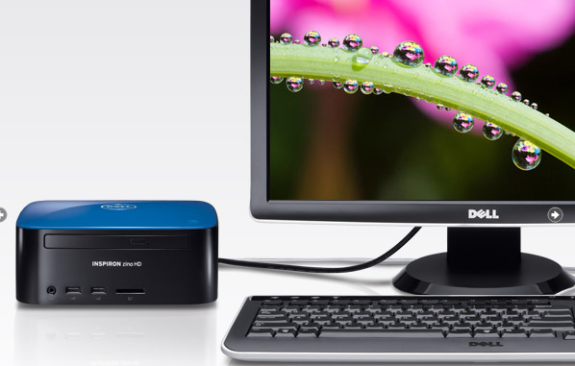
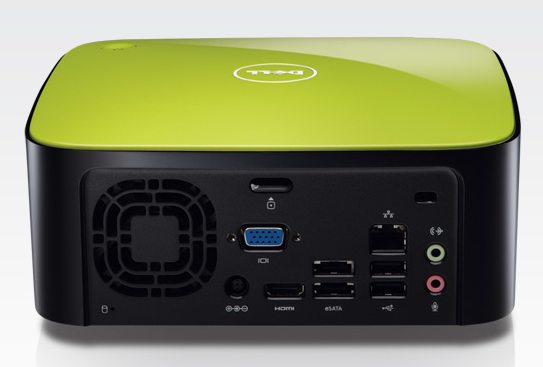

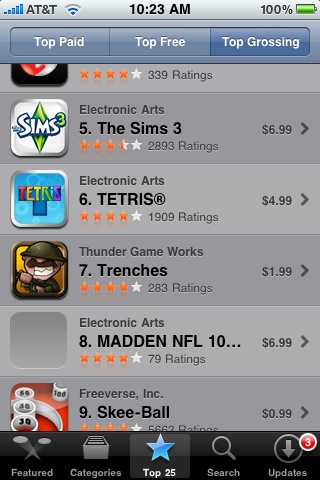

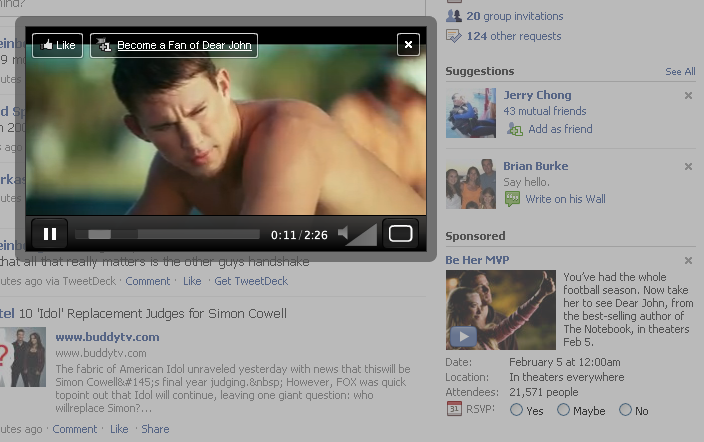



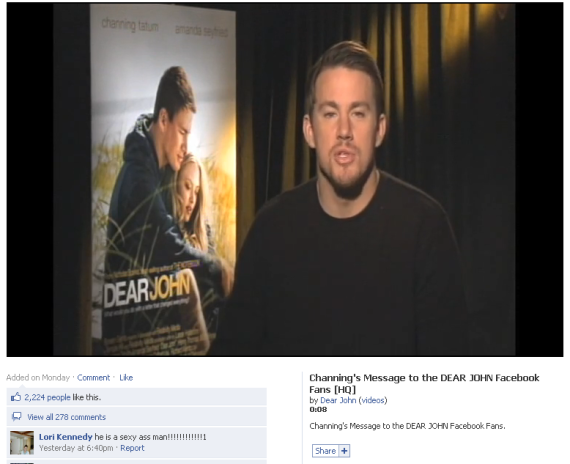
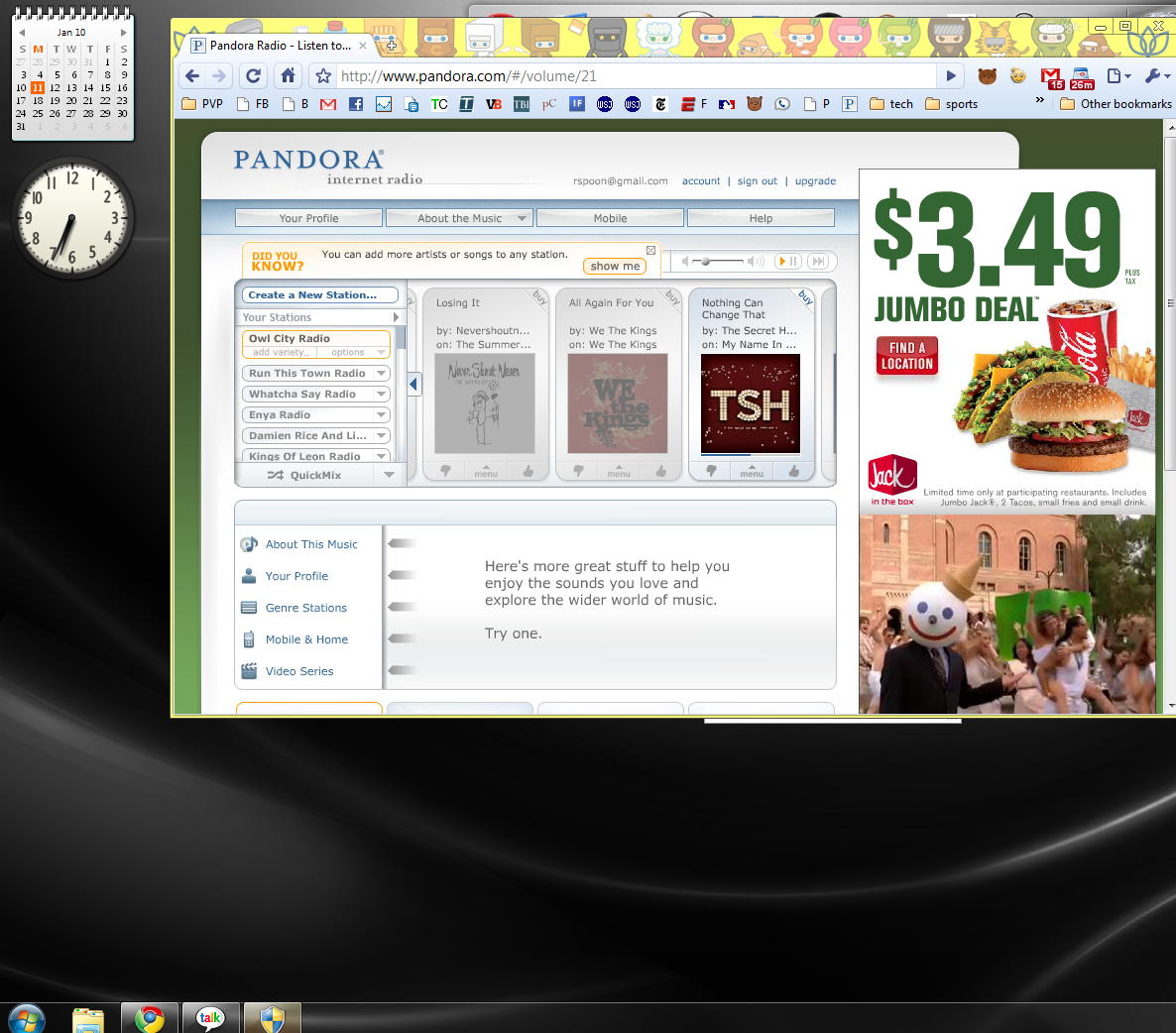

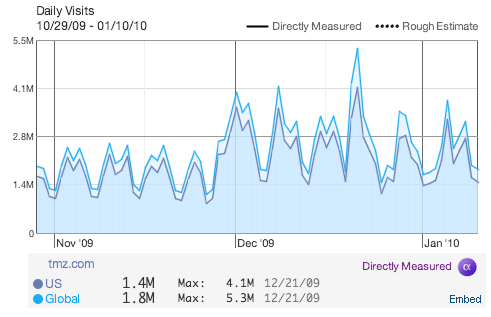
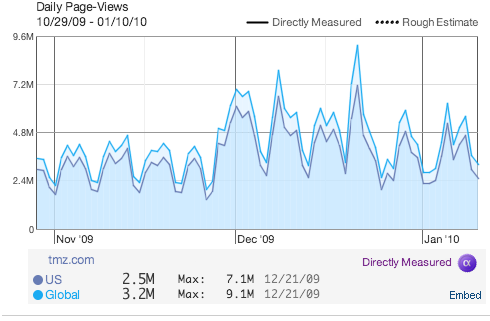
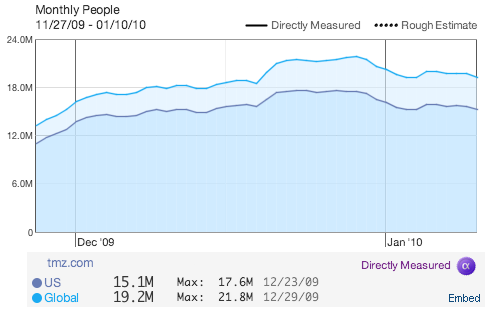
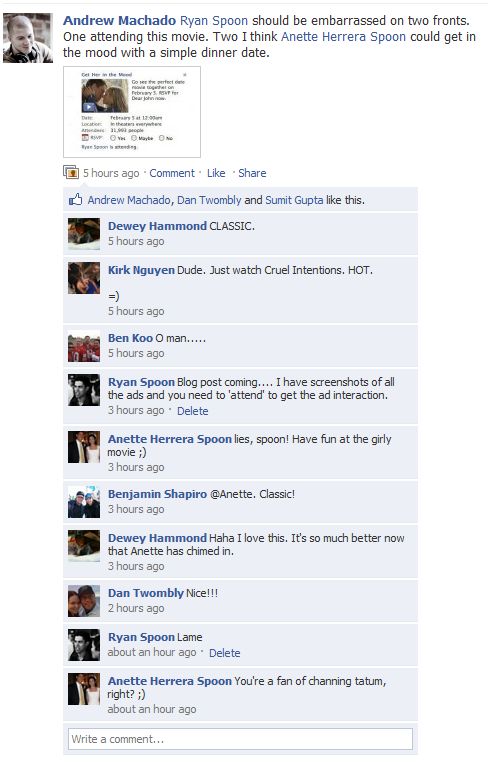
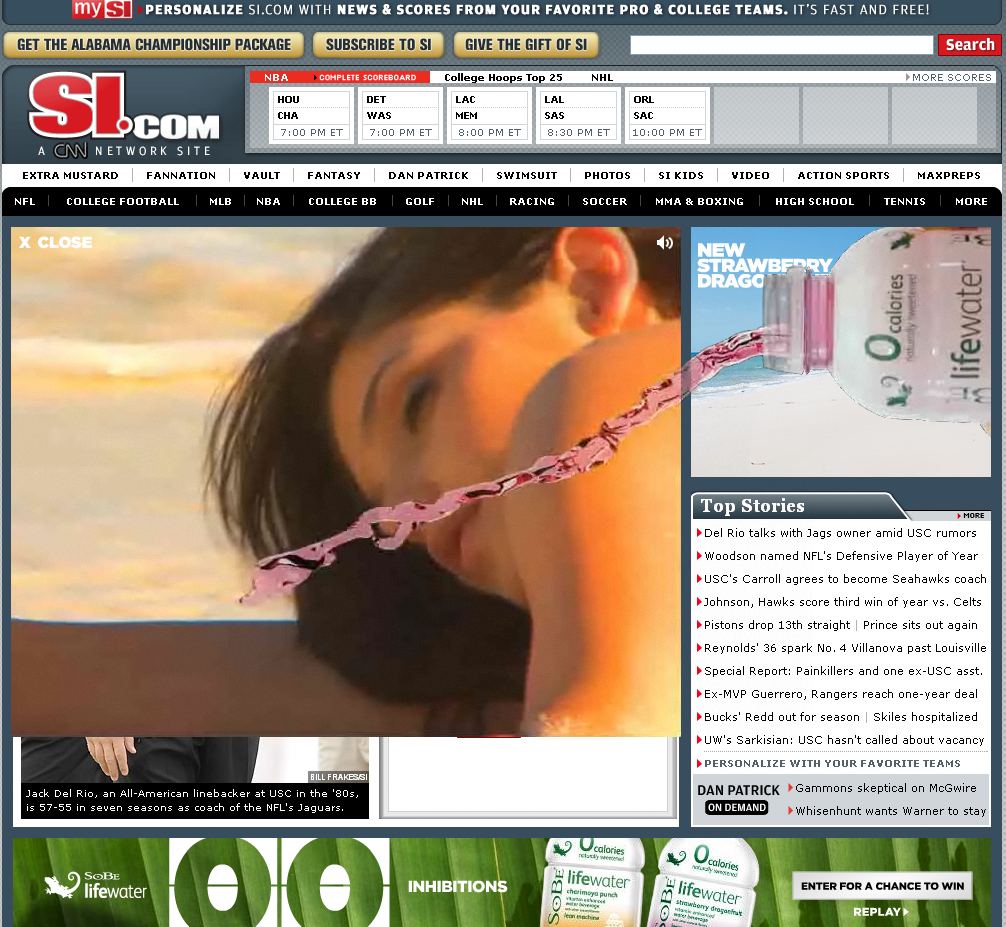
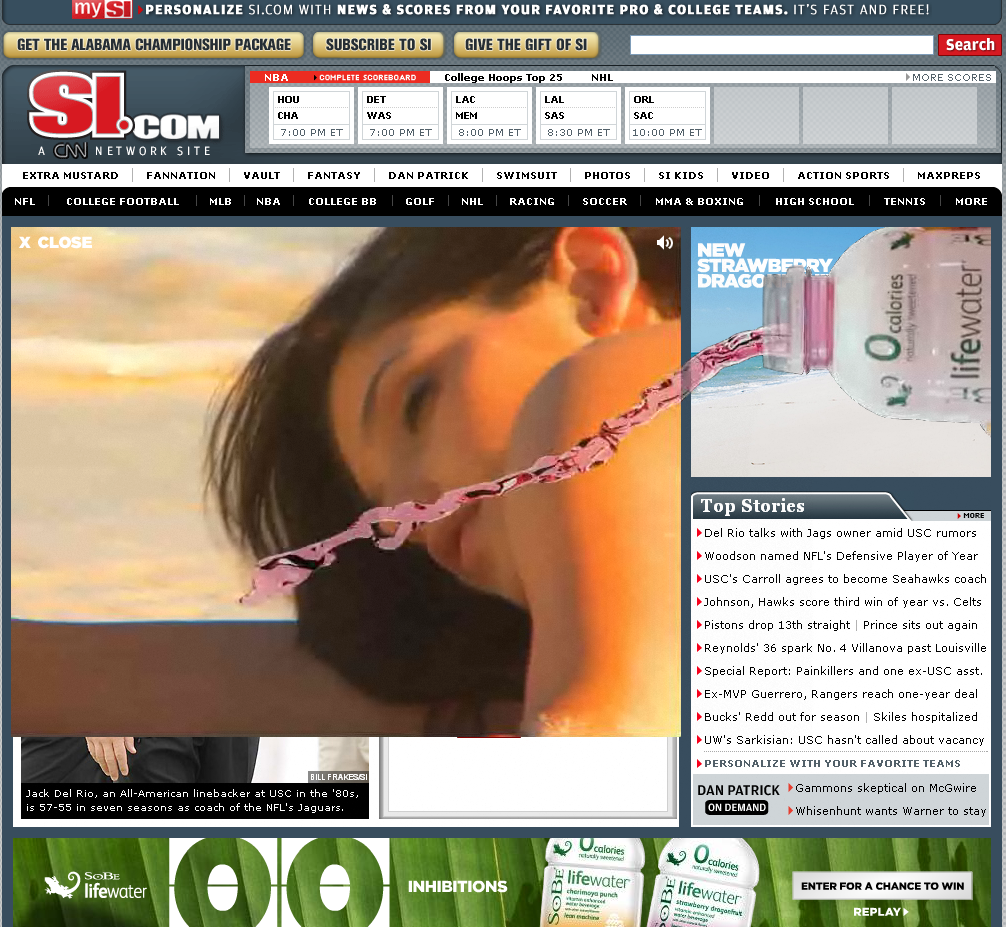
 When you open the envelope, you are welcomed by Wink with an overview of the service - and your filmstrip, receipt and shipping label pop right out. For protection, the filmstrip is placed in between the receipt and label. Everything is glossy, tightly packed and cleverly put together.
When you open the envelope, you are welcomed by Wink with an overview of the service - and your filmstrip, receipt and shipping label pop right out. For protection, the filmstrip is placed in between the receipt and label. Everything is glossy, tightly packed and cleverly put together. 
